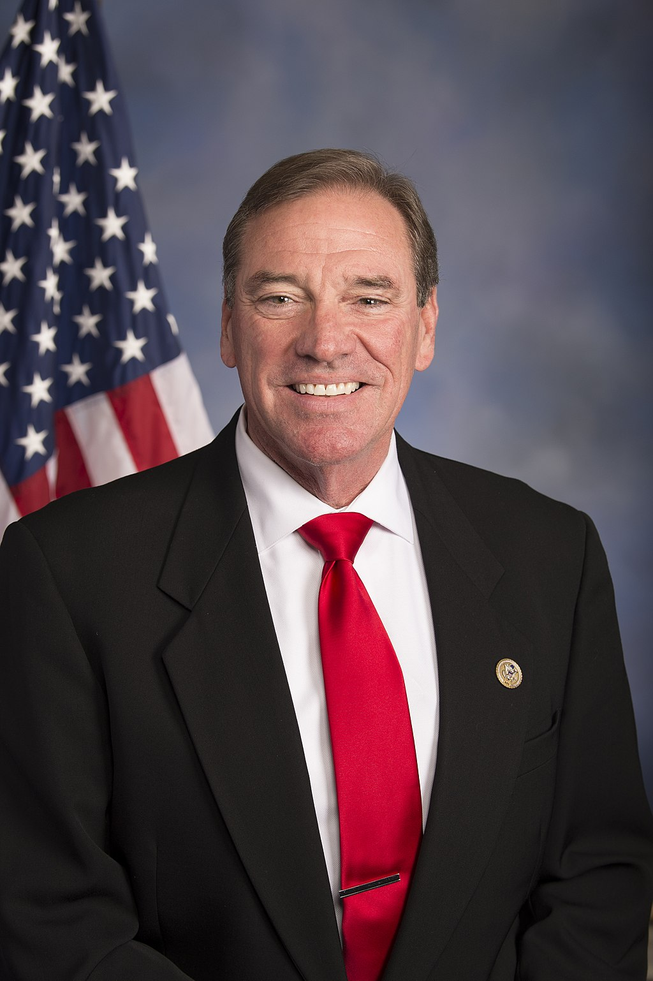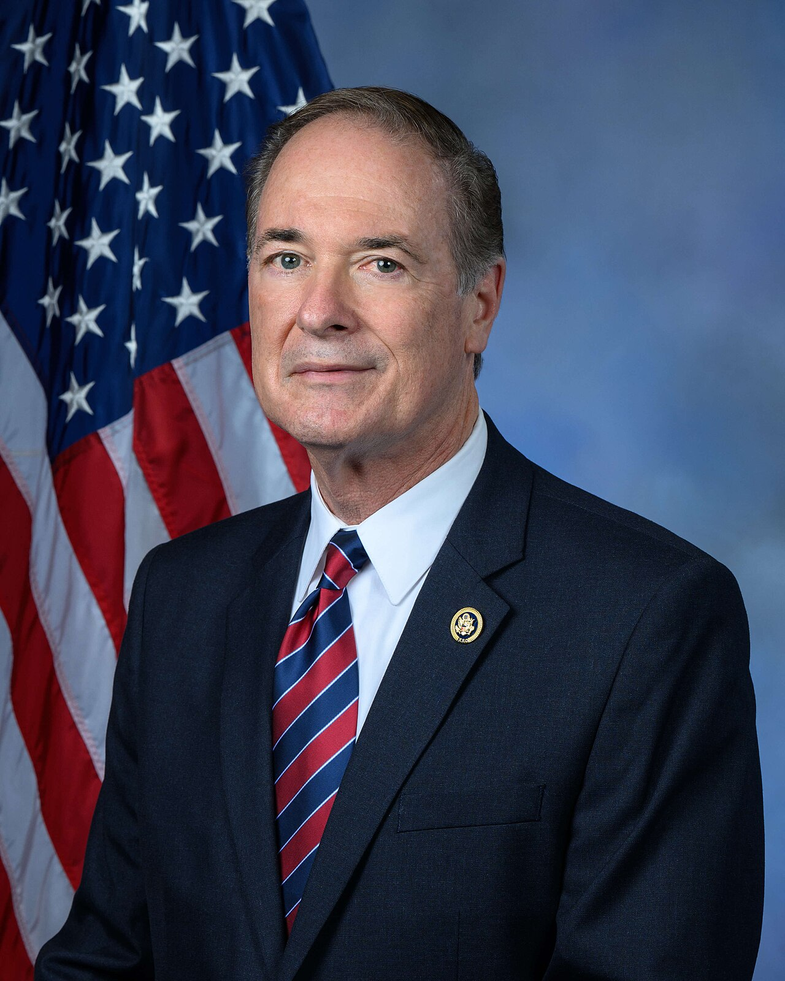H.R. 3062: Promoting Cross-border Energy Infrastructure Act
This bill, named the Promoting Cross-border Energy Infrastructure Act, aims to create a streamlined and transparent process for authorizing the construction, connection, operation, and maintenance of energy infrastructure that crosses the borders of the United States. Its main features include:
Authorization Requirements
Under this bill, individuals or entities must obtain a "certificate of crossing" before they can construct or operate facilities for importing or exporting oil, natural gas, or transmitting electricity across U.S. borders. This certification process will cover:
- Oil and natural gas pipelines, which will require approval from the Federal Energy Regulatory Commission (FERC).
- Electric transmission facilities, for which approval will be needed from the Secretary of Energy.
Certificate of Crossing
The relevant official or agency must issue the certificate within 120 days after a final decision is made regarding the environmental impact of the facility under the National Environmental Policy Act. The certificate will be granted unless it is determined that the facility is not in the public interest of the U.S.
Exclusions from Authorization Requirements
- They are already operational at the time of the bill's enactment.
- A Presidential permit or a similar authorization has already been granted.
- An application for such permit is pending at the time of enactment, provided that it is acted upon within specified time frames.
Importation and Exportation of Natural Gas
The bill specifies that applications for the import or export of natural gas between the U.S. and its neighbors Canada and Mexico must be approved within 30 days of receipt by the Commission, ensuring swifter processing.
Electric Energy Transmission
It also removes the previous requirement to secure an order for transmitting electric energy to Canada and Mexico. This change is aimed at simplifying the regulatory process for cross-border electricity exchange.
Presidential Permit Elimination
No Presidential permit will be required moving forward for the construction or operation of oil or natural gas pipelines or electric transmission facilities that cross international borders, which could reduce time and regulatory hurdles for new projects.
Modifications to Existing Projects
The bill states that modifications to already existing border-crossing facilities do not require a certificate of crossing or Presidential permit. Modifications might include changes to flow direction or ownership adjustments.
Prohibition on Revocation of Permits
The bill also includes a clause preventing the President from revoking any previously granted Presidential permits related to energy infrastructure without an explicit authorization from Congress.
Effective Dates and Rulemakings
If passed, the provisions of this act will take effect one year after enactment. It also specifies timelines for relevant agencies to publish proposed and final rules to carry out the bill’s requirements.
Definitions
The bill contains several definitions, including:
- Border-crossing facility: The part of an energy pipeline or electric facility that is at the U.S. border.
- Modification: Includes changes in operation that affect the infrastructure’s flow or capacity.
Relevant Companies
- ENB - Enbridge Inc. may be significantly impacted as it operates extensive pipeline networks for transporting oil and gas across borders.
- EQT - EQT Corporation may see effects in its natural gas transportation operations, especially in importing/exporting activities with neighboring countries.
- SRE - Sempra Energy could be affected due to their involvement in electricity transmission and cross-border energy projects.
This is an AI-generated summary of the bill text. There may be mistakes.
Sponsors
3 bill sponsors
Actions
14 actions
| Date | Action |
|---|---|
| Sep. 16, 2025 | Rule H. Res. 707 passed House. |
| Sep. 15, 2025 | Rules Committee Resolution H. Res. 707 Reported to House. Rule provides for consideration of H.R. 4922, H.R. 5143, H.R. 5140, H.R. 5125, H.R. 1047, H.R. 3015 and H.R. 3062. The resolution provides for consideration of H.R. 4922, H.R. 5143, H.R. 5140, H.R. 5125, H.R. 1047, H.R. 3015, and H.R. 3062 under a closed rule, and provides for a motion to recommit on each measure. |
| Jul. 02, 2025 | Committee on Natural Resources discharged. |
| Jul. 02, 2025 | Committee on Transportation discharged. |
| Jul. 02, 2025 | Placed on the Union Calendar, Calendar No. 151. |
| Jul. 02, 2025 | Reported (Amended) by the Committee on Energy and Commerce. H. Rept. 119-186, Part I. |
| Jun. 25, 2025 | Committee Consideration and Mark-up Session Held |
| Jun. 25, 2025 | Ordered to be Reported by the Yeas and Nays: 28 - 23. |
| Jun. 05, 2025 | Forwarded by Subcommittee to Full Committee (Amended) by the Yeas and Nays: 16 - 13. |
| Jun. 05, 2025 | Subcommittee Consideration and Mark-up Session Held |
| Jun. 03, 2025 | Referred to the Subcommittee on Energy. |
| Apr. 29, 2025 | Introduced in House |
| Apr. 29, 2025 | Referred to the Committee on Energy and Commerce, and in addition to the Committees on Transportation and Infrastructure, and Natural Resources, for a period to be subsequently determined by the Speaker, in each case for consideration of such provisions as fall within the jurisdiction of the committee concerned. |
| Apr. 29, 2025 | Referred to the Subcommittee on Railroads, Pipelines, and Hazardous Materials. |
Corporate Lobbying
0 companies lobbying
None found.
* Note that there can be significant delays in lobbying disclosures, and our data may be incomplete.












